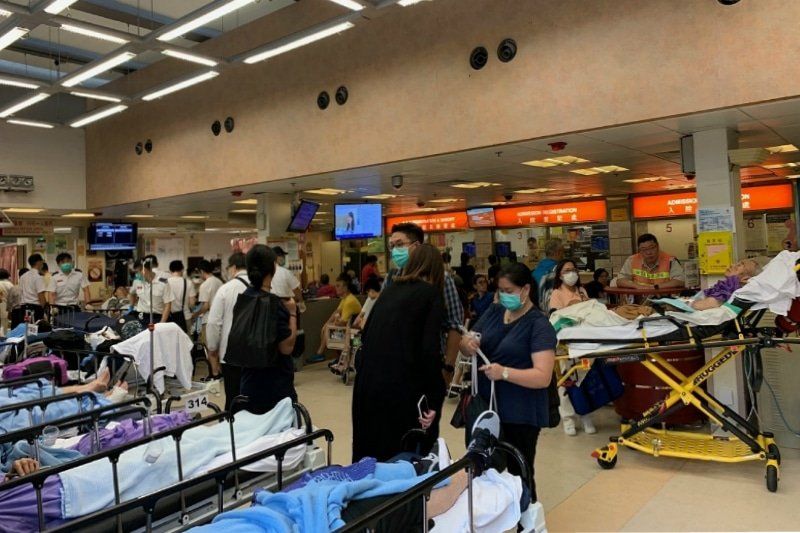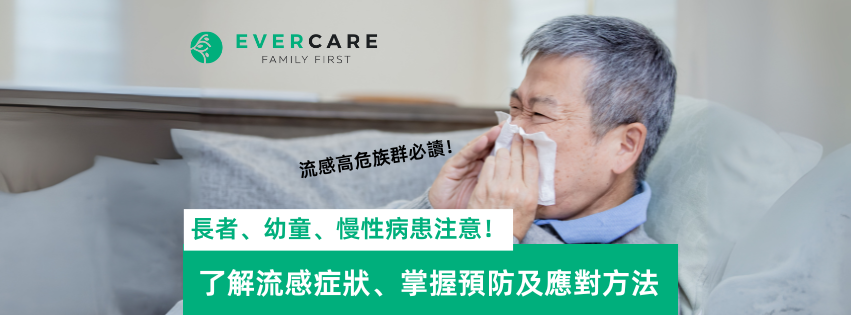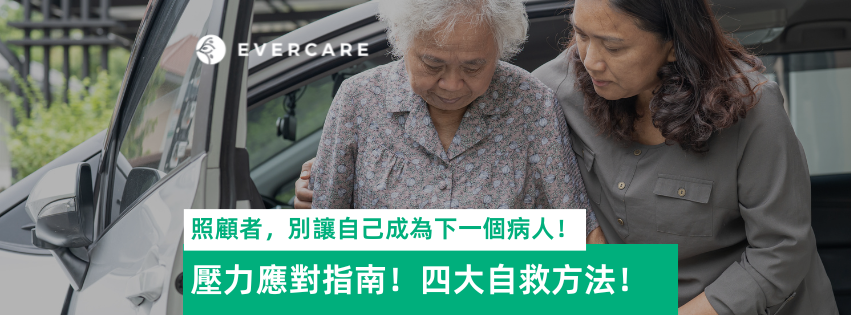Hospital discharge has evolved in many ways. Both public and private hospitals offer better processes with the goal of facilitating rehabilitation at home through better education and information. These achievements are unfortunately a far cry from reality as hospital advice proves difficult to implement without professional guidance and sufficient assistance.
Being discharged from the hospital has always been something to look forward to. At discharge, the assumption is that the patient is better and ready to go back to their regular lives. However, without careful planning, this can sometimes be a far cry from reality. Today, hospital discharge remains a process fraught with uncertainty and unknowns for many, not least for elderly patients and those with complex, new care needs. Patients and their families are often left facing a host of issues — administration of new medication, coordination of checkups, and monitoring of symptoms — with limited to no support and preparation.
Discharge planning and post-discharge care are critical in a patient’s recovery. For Evercare, it is a process of developing a personalised care plan, mapping out the patient’s transition from hospital to home life. With the first 28 days after discharge being a crucial time for patients who have gone through a life-changing event, proper care could avert hospital readmissions by 9.6%, according to local research. This number speaks volumes about the importance of post-discharge care in patients’ rehabilitation.
In Hong Kong, however, discharge planning is often hurried as the result of rushed efforts to clear beds and ensure hospitals can continue to function. Ill-equipped patients find themselves with higher chances of relapse and accidents, leading to readmission into hospitals. According to a report published by The Jockey Club School of Public Health and Primary Care in 2017, th e unplanned readmission rate within 30 days in the city is as high as 20%.
Considerable resources are injected into our healthcare system to reverse the situation and improve post-discharge care — and these attempts are yielding encouraging results. A local study finds that the government-funded transitional care program “Integrated Care and Discharge Support” (ICDS) has successfully “reduced accident and emergency department attendance by 40%, acute hospital admissions by 47%, and hospital bed days by 31%” within six months. It is estimated that a further cost of HK$22.5 million per annum (approximately US$2.9 million) could be saved off Hong Kong’s current health care expenditure should these efforts continue to grow.
You might also like:
Although progress is being made, the gap in the continuum of care is far from closed. As the elderly population continues to grow, public post-discharge care services struggle to keep up. Under ICDS, patients can at most receive three months of service, which is painfully inadequate for the recovery of patients.
With the overburdened public health care system facing steeper challenges in the years ahead, private home care services represent a solution . Their team of trained healthcare professionals provide dedicated interim homecare service, offering hospital-grade convalescent care and treatment to individuals in the comfort of their own home, w hile a longer-term care package is curated.
These professional caregivers can coordinate with other team members such as health care workers, occupational therapists, and physiotherapists to facilitate patients’ recuperation. Home care companies are also implementing convenient, fast and effective new technologies such as online dashboard that can keep all of the team members and the patient’s family members informed regarding the patient’s condition.
Tapping into the expertise of these care specialists, the HKSAR government is partnering with private care service providers, such as Evercare, and NGOs, rolling out various schemes around the idea of ageing in place. Initiatives such as the Pilot Scheme on Community Care Service Voucher for the Elderly (CCSV) encourage seniors to stay in the comfort of their homes and rely on daycare centres or home care services for support.
Starting this month, eligible patients can enjoy Evercare’s in-home care services with the use of Community Care Service Vouchers (CCSV). If you would like to learn more about the programme or other post-discharge care services, give us a call at 3905 4000.
其他話題 Other Topics
最新的文章 Latest Posts

喜歡我們的文章嗎?
超過3,000位照顧者已經訂閱我們的資訊!訂閱我們的資訊,你可獲得免費護理工具、專家護理知識和同路人分享。立即訂閱,也可以隨時取消。請在此填寫你的姓名和電郵地址:


